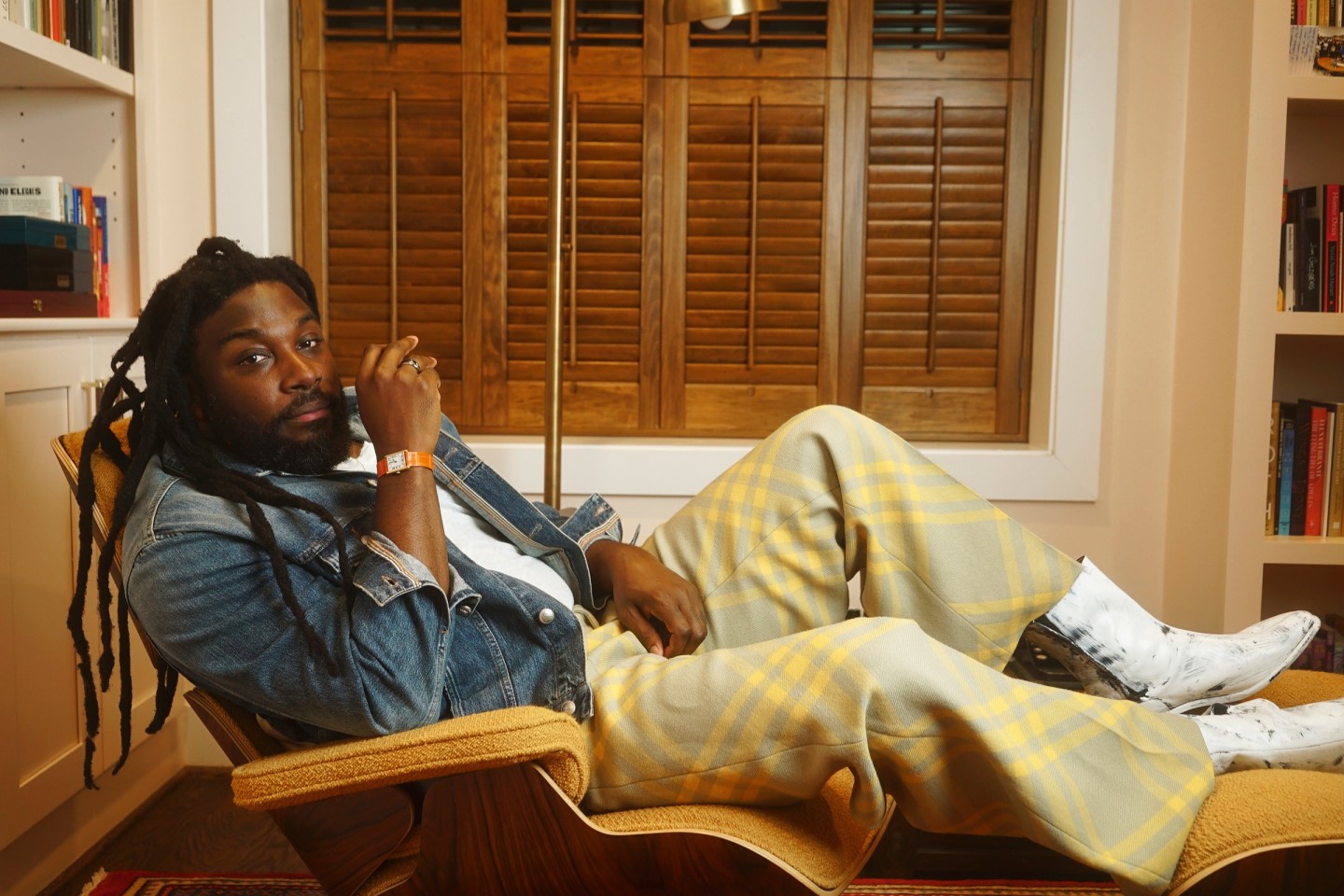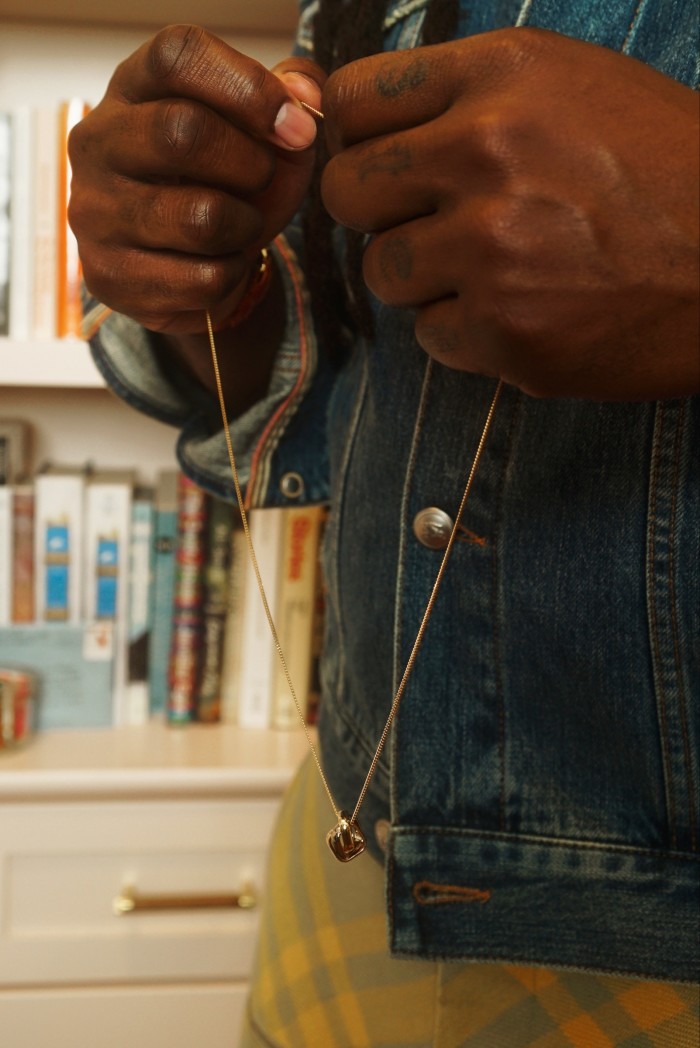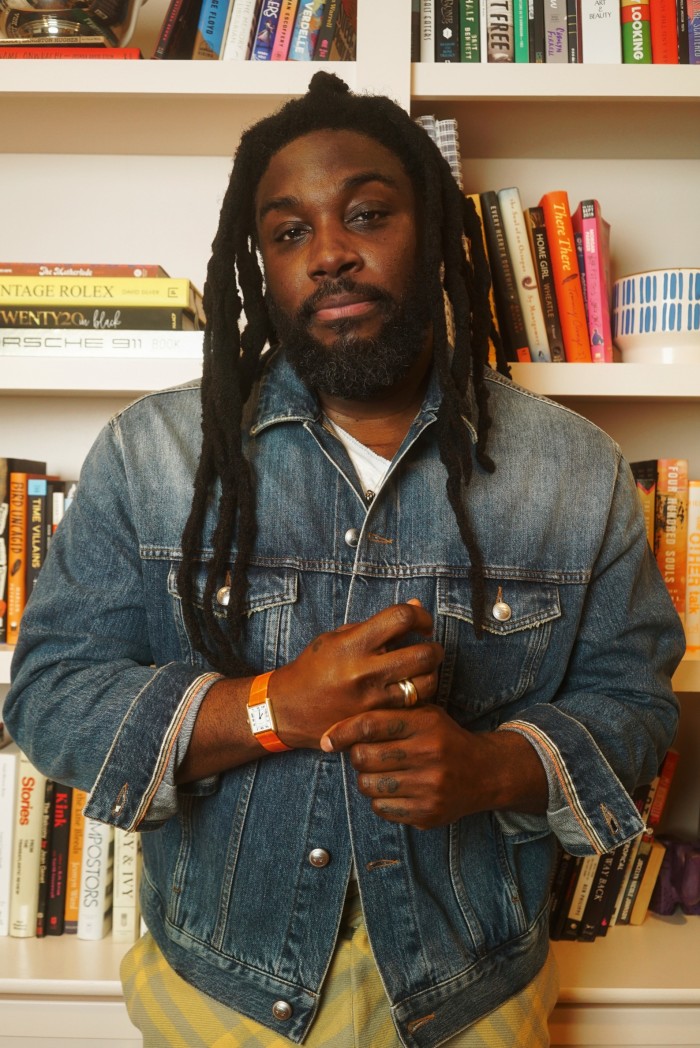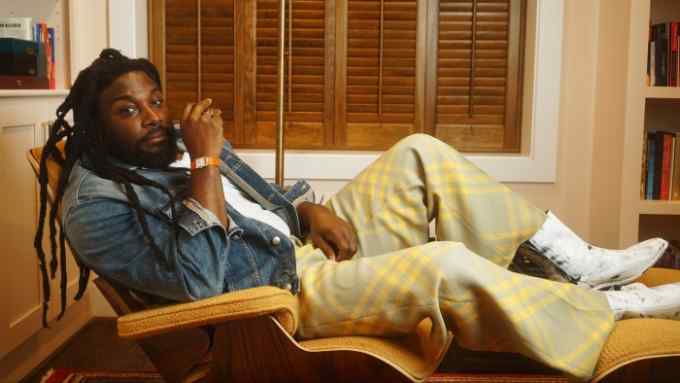Jason Reynolds on the power of belonging

Roula Khalaf, Editor of the FT, selects her favourite stories in this weekly newsletter.
In the past two decades, Jason Reynolds has published more than 20 volumes of poetry, novels (including a novel for Marvel) and short stories, in which he grapples with the experiences of Black and brown communities in America. His output has won him multiple awards and led to him being the US National Ambassador of Young People’s Literature from 2020 to 2022; Publishers Weekly once described him as the “hardest-working man in Washington”. Yet even now, “I don’t try to understand my process as an artist,” says the Maryland‑raised 40-year-old, best-known for his Track series of young-adult novels. “If I put everything into a person – some love, some fear, some ambition, some pain, and all the other elements that make humans human, then the character will inform me of their world, their journey. It will be an adventure.”

Reynolds first discovered “the magic of language” through rap music. He lists 2Pac, Notorious BIG and Queen Latifah amongst his early literary heroes – artists who spoke to his reality as a Black kid far more than books ever did. Today, the musical influence is felt in his preference for writing in free verse. “My quiver is full of many arrows, but rap and hip-hop still sits at the core of who I am,” he says.

Rap culture was also what drew him to Cartier. He recalls a moment in the ’90s when everyone was wearing Cartier sunglasses; the name of the brand became lodged in his mind. The beauty of Cartier objects, Reynolds observes, lies in the simple sophistication. Products such as the Love bracelet or the Trinity ring, which is made of three interwoven metals, require little explanation. “The designs are so good, we’re willing to go along for the ride and feel what that thing makes us feel.” Most importantly, though, he equates the power of finally seeing yourself represented in literature to wearing Cartier, a brand which he says “often gets pegged a certain way”. It’s about acknowledgement, he says; having the ability to say, “I’m someone who wears Cartier too. We with it too. We belong here too.”

Comments